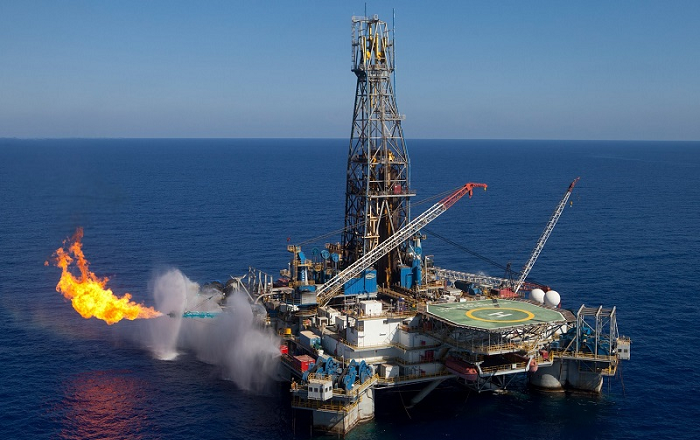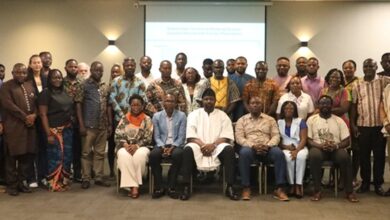GRA Surpasses Mid-Year Target in Surface Rental Collections, Marks Turnaround in Persistent Arrears Challenge

The Ghana Revenue Authority (GRA) has recorded a remarkable improvement in petroleum sector revenue administration, surpassing its mid-year target for surface rental collections for 2025, according to the Public Interest and Accountability Committee’s (PIAC) latest Semi-Annual Report.
As of June 2025, the GRA had mobilised US$863,045.81 in surface rentals, exceeding its projected US$755,235.23 for the year. This achievement marks a significant shift from previous years, when the persistent issue of unpaid and overdue surface rental fees had been a recurring concern flagged in successive PIAC reports.
Surface rental payments are annual fees charged to companies for the exclusive right to explore and operate oil blocks in Ghana. Historically, delayed or defaulted payments have reduced the sector’s expected non-tax revenue inflows and weakened transparency in petroleum revenue management.
PIAC noted that the GRA’s strong performance this year was driven by renewed enforcement efforts and the clearing of long-standing arrears by companies such as Goil Upstream Limited, Springfield Exploration and Production, OPCO, Base Energy Ghana Limited, and Springfield E&P. Out of thirteen operating companies, eight made payments during the first half of the year.
Data from the GRA shows that Goil Upstream Limited paid US$147,400, Springfield Exploration and Production paid US$151,386.58, and Base Energy Ghana Limited paid US$150,800, representing full or near-full settlement of their annual obligations. Other companies like Aker Energy and Tullow Ghana also met their 2025 payment obligations in full, with US$201,000 and US$59,261.23 respectively.
However, some operators — including Medea Development, Eco Atlantic, and OPCO (East Keta Offshore) — continue to owe significant arrears. As of June 2025, the total outstanding balance stood at US$1.09 million, while overall arrears, including those from terminated Petroleum Agreements, amounted to US$1.72 million.
PIAC observed that despite the progress, the continued existence of large arrears underscores the need for consistent enforcement and tight monitoring of payments. The terminated companies, UB Resources Ltd, Britannia-U, and Swiss African Oil Company Ltd , alone owe a combined US$1.73 million, which remains unrecovered.
The report credits the improvement to the GRA’s proactive implementation of the Petroleum Revenue Management Regulations, 2019 (L.I. 2381), which mandate stricter oversight and recovery of petroleum-related taxes and fees. Under this framework, the GRA has also extended recovery efforts beyond Ghana’s borders through its Exchange of Information (EOI) Unit, targeting three absconded taxpayers linked to terminated Petroleum Agreements.
PIAC commended the GRA for these gains, describing them as a “welcome development” after years of weak compliance. The Committee urged the Authority to sustain the momentum to avoid a re-emergence of arrears, particularly as more companies enter the exploration phase in the coming years.
For over a decade, PIAC’s reports have repeatedly cited surface rental arrears as a chronic weakness in Ghana’s petroleum revenue management system. The 2025 outcome, therefore, represents a rare turnaround — one that signals stronger institutional discipline, improved coordination between the GRA and the Petroleum Commission, and better revenue assurance for the state.




